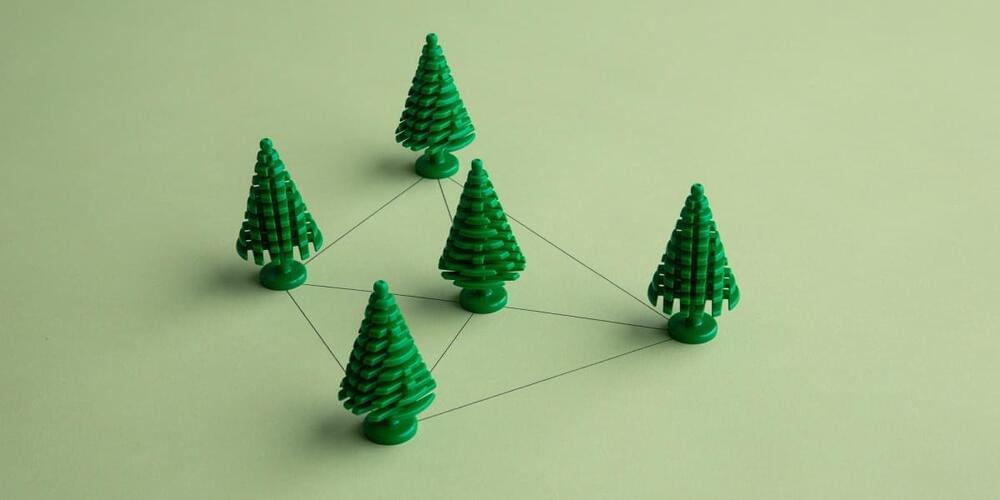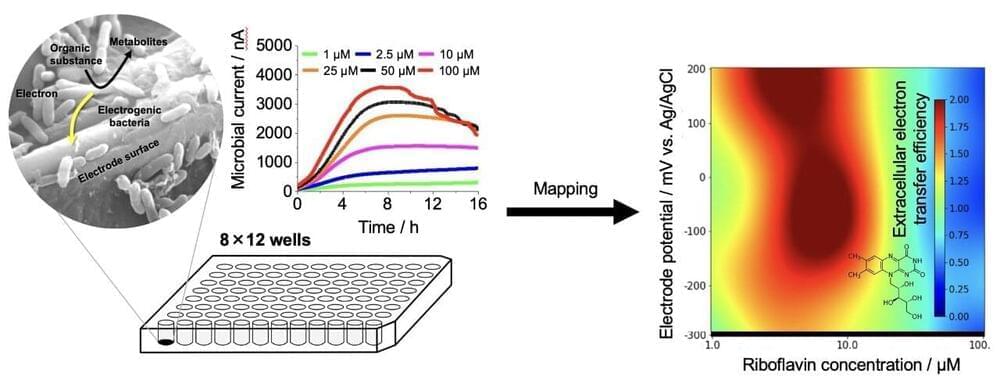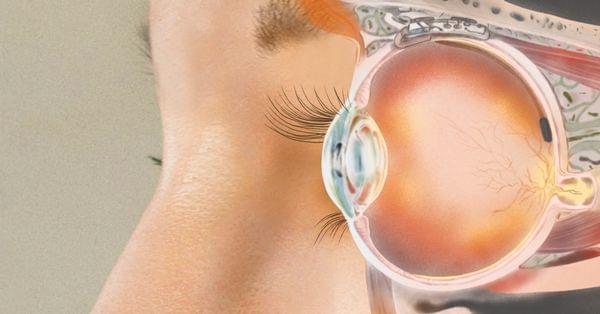Leading Canada’s Bio-Safety & Security R&D — Dr. Loren Matheson PhD, Defence Research and Development Canada, Department of National Defence.
Dr. Loren Matheson, Ph.D. is a Portfolio Manager at the Center For Security Science, at Defence Research and Development Canada (DRDC — https://www.canada.ca/en/defence-research-development.html), which is a special operating agency of the Department of National Defence, whose purpose is to provide the Canadian Armed Forces, other government departments, and public safety and national security communities with knowledge and technology.
With a focus on the chemical and biological sciences at DRDC, Dr. Matheson develops and leads safety and security R&D projects with government partners, industry and academia. In addition, she spearheaded an effort to establish a virtual symposium series, developed communications products to explain their program to national and international partners, and helped established a science communication position.
Dr. Matheson previously served as both a senior science advisor within the Office of the Chief Science Operating Officer, and National Manager, Plant Health Research and Strategies, at the Canadian Food Inspection Agency.
After 10 years consulting as a grants facilitator in clinical research, Dr. Matheson moved to the public service to pursue interests in science policy and security science.




